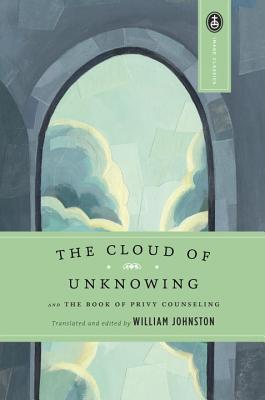
The Clockwork Universe: Isaac Newton, the Royal Society, and the Birth of the Modern World
by Edward Dolnick
11 popular highlights from this book
Key Insights & Memorable Quotes
Below are the most popular and impactful highlights and quotes from The Clockwork Universe: Isaac Newton, the Royal Society, and the Birth of the Modern World:(Showing 11 of 11)
The usual consolations of life, friendship and sex included, appealed to Newton hardly at all. Art, literature, and music had scarcely more allure. He dismissed the classical sculptures in the Earl of Pembroke's renowned collection as "stone dolls." He waved poetry aside as "a kind of ingenious nonsense." He rejected opera after a single encounter. "The first Act I heard with pleasure, the 2d stretch'd my patience, at the 3d I ran away.
In the century of Kepler, Galileo, Descartes, Pascal, and Newton,” one historian wrote, “the most versatile genius of all was Gottfried Wilhelm Leibniz.
It’s always the case that history is a tale told by the victors. But the triumph of the scientific worldview has been so complete that we’ve lost more than the losing side’s version of history. We’ve lost the idea that a view different from ours is even possible. Today we take for granted that originality is a word of praise. New strikes us as nearly synonymous with improved. But for nearly all of human history, a new idea was a dangerous idea.
Even supremely able and ambitious men quailed at the thought of Leibniz's powers. "When one ... compares one's own small talents with those of a Leibniz," wrote Denis Diderot, the philosopher/poet who had compiled an encyclopedia of all human knowledge, "one is tempted to throw away one's books and go die peacefully in the depths of some dark corner.
Seventeenth-century thinkers rejected the Greek's distinction between truths that have to be - two and two make four - and truths that happen to be - gold is soft and easy to scratch. Since every facet of the universe reflected a choice made by God, chance had no role in the universe. The world was rational and orderly. "It just so happens" was impossible.
I was always glad when Leibniz came on stage, because he was so exuberantly over the top. Newton would as soon bite your head off as look at you. Leibniz might have knocked you down, too, but only by accident, the way a sixty-pound, muddy-pawed golden retriever might if you chanced to pick up a tennis ball. Newton and Leibniz are one of history's great mismatched pairs. No playwright would have given in to the temptation of having two such opposites come up with the same colossal invention at the same time.
The question was not whether the world would end but how soon the end would come.
...religion focused far more on damnation than on consolation.
They believed in angles and alchemy and the devil, and they believed that the universe followed precise, mathematical laws.
Newton had been the first to learn how to pin down the mysterious infinitesimals that held the key to explaining motion.
Even the most gruesome tortures served as spectacle and entertainment. (One history of seventeenth-century London includes an outing to watch a hanging in a section titled “Excursions.”)


